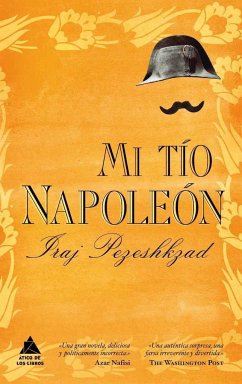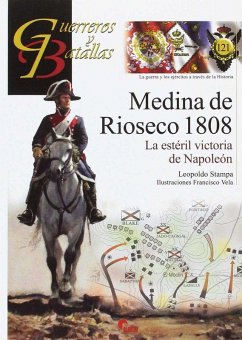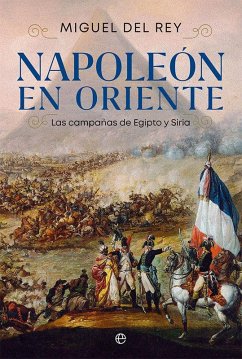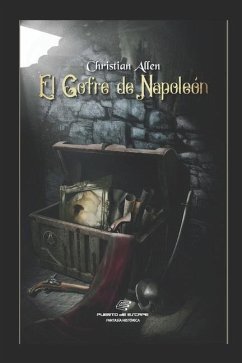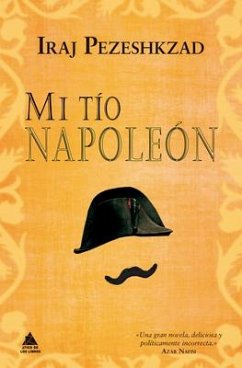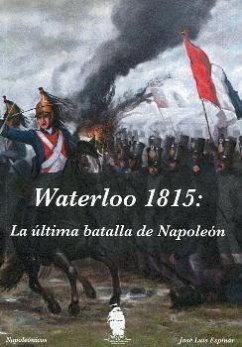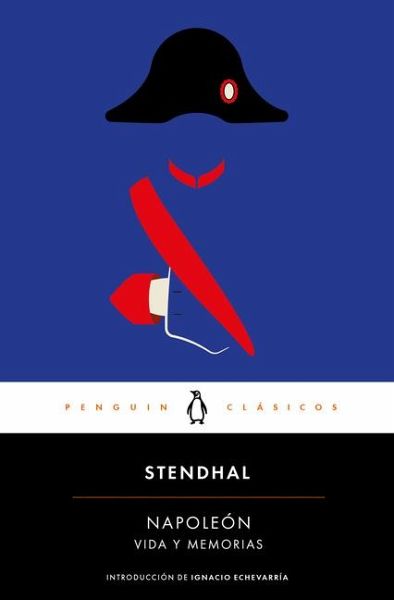
Napoleón (Spanish Edition)
Versandkostenfrei!
Versandfertig in über 4 Wochen
14,99 €
inkl. MwSt.

PAYBACK Punkte
7 °P sammeln!
Stendhal made two attempts to write the biography of Napoleon Bonaparte, and both are included in this volume. Despite years compiling the material for this daunting project, Stendhal was unable to complete it. He began writing A Life of Napoleon in 1817, when he was a fervent admirer of the exiled leader. This first biographical essay recounts Napoleon's military exploits and the author's experience as a combatant in his campaign. By the time he wrote Memoires su Napolâeon, in 1832, in a France that seemed tohave forgotten the cry of liberty, Stendhal focused more on Napoleon as a symbol, di...
Stendhal made two attempts to write the biography of Napoleon Bonaparte, and both are included in this volume. Despite years compiling the material for this daunting project, Stendhal was unable to complete it. He began writing A Life of Napoleon in 1817, when he was a fervent admirer of the exiled leader. This first biographical essay recounts Napoleon's military exploits and the author's experience as a combatant in his campaign. By the time he wrote Memoires su Napolâeon, in 1832, in a France that seemed tohave forgotten the cry of liberty, Stendhal focused more on Napoleon as a symbol, disavowing the tyrant but exalting the poetic aspects of his greatness. For Napoleon, in Stendhal's assessment, "was the greatest man to come into the world since Caesar." This edition includes a(n)...introduction by Ignacio Echevarrâia that reveals the historical forces that influenced this portrait of Napoleon."--Provided by publisher.




